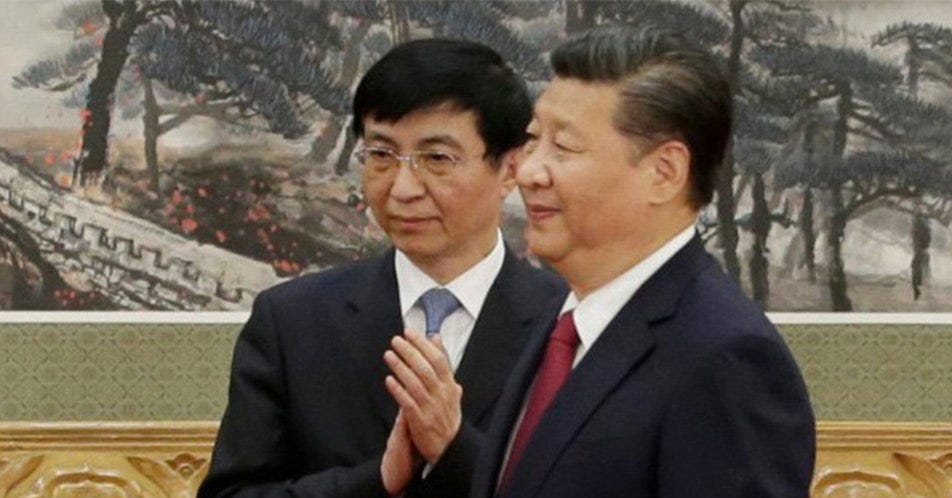Hello, and welcome to What China Wants.
Today we are going to go on a small, but important diversion away from the aim of Series 2, which aims to explore the nature of the pushback on China’s global expansion. Instead, I’m going to point you in the direction of an article that discusses someone who should be much better known in the West.

At the height of New Labour, Tony Blair turned to Peter Mandelson for his political inspiration. George W. Bush had Dick Cheney and Donald Rumsfeld driving the neo-con agenda. When Xi Jinping needs ideological back-up, he turns to a slim, neat-haired academic named Wang Huning.
Wang* has quietly shaped China’s identity over the last three decades. A graduate in French, he was plucked out of academia by Jiang Zemin to breathe life into the ideological backbone of the former leader’s regime. Such was his impact that Jiang’s successor, Hu Jintao, kept him on, as did Xi Jinping when he assumed the top job in 2012. To have survived in a court as backstabby as the CCP is no mean feat, and it reflects the respect that the senior cohort give him as a thinker par excellence.
For so long unknown by most even in his native country, Wang recently rose to a higher level of prominence when his 1991 book “America Against America” was remembered at the time of the Capital Riots in Washington this January past. A book that discusses the descent of American into nihilism, showing the inherent conflict between classes and races, was always going to do well with the Chinese public as they watched Jamiroqui-clothed thugs break into the heart of the Beacon of Democracy. Such was the book’s popularity that old copies were changing hands for $2500, and its “proof” of the bankruptcy of America became standard dinner party chat. (Here is an amateur translation of his book.)
Books and predictions aside, the reason it’s important to know about Wang is that it is he who is behind the enormous changes happening within China at the moment. The move into a staunchly Marxist mindset, the heralding of the Chinese Dream, and the rise of Xi Jinping Thought, all are based on the ideas of Wang. The profound societal and commercial changes being unleashed on the country - dubbed by some as the “Red Reset” - can all be traced back to the thoughts of Wang.
And the reason this matters is because these policy adjustments are having an explicit effect on the world outside of China too. Tackle the power of the real estate market, and a worldwide collapse in the iron ore price ensues. Tell the world you’re going to be a great power by 2049, and the world is threatened with war over Taiwan.
There have been a few articles written about Wang over the years, but this is one (by NS Lyons) that I particularly liked. It is well worth a read, because if you want to know where China is heading, then you need to keep an eye on Wang Huning.
https://palladiummag.com/2021/10/11/the-triumph-and-terror-of-wang-huning/
* If you’re not familiar with Chinese naming patterns, the surname comes first, the given name second. So Wang is his surname.


